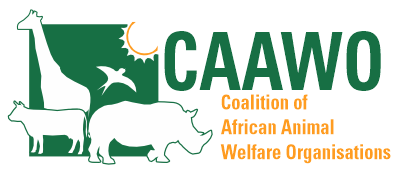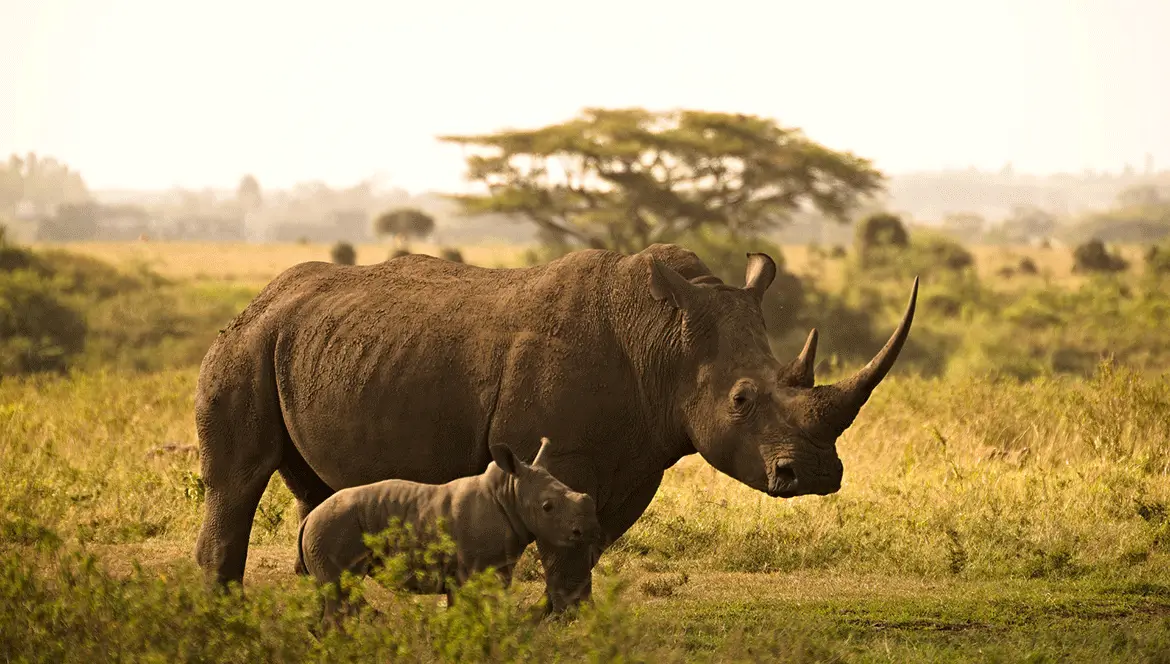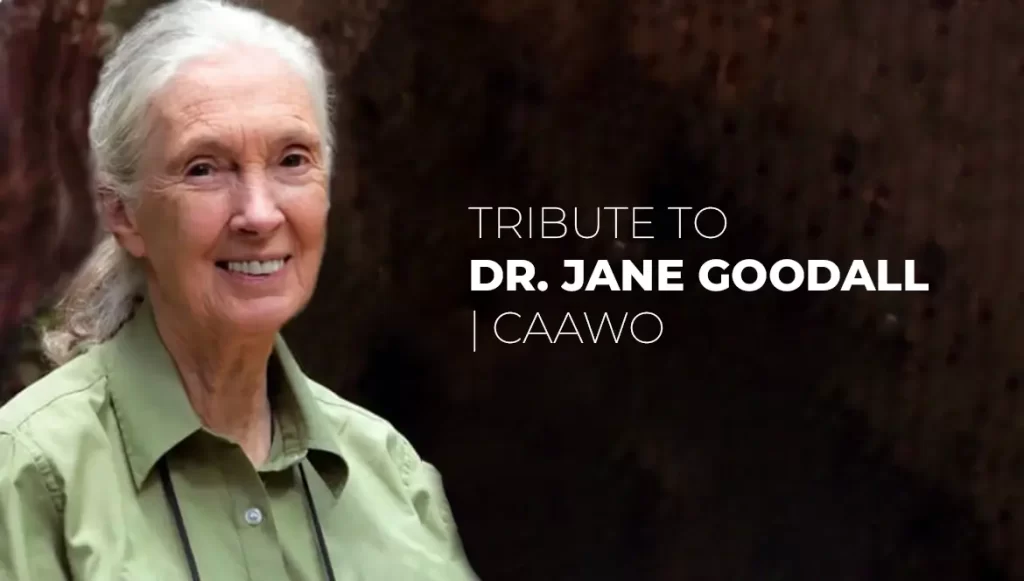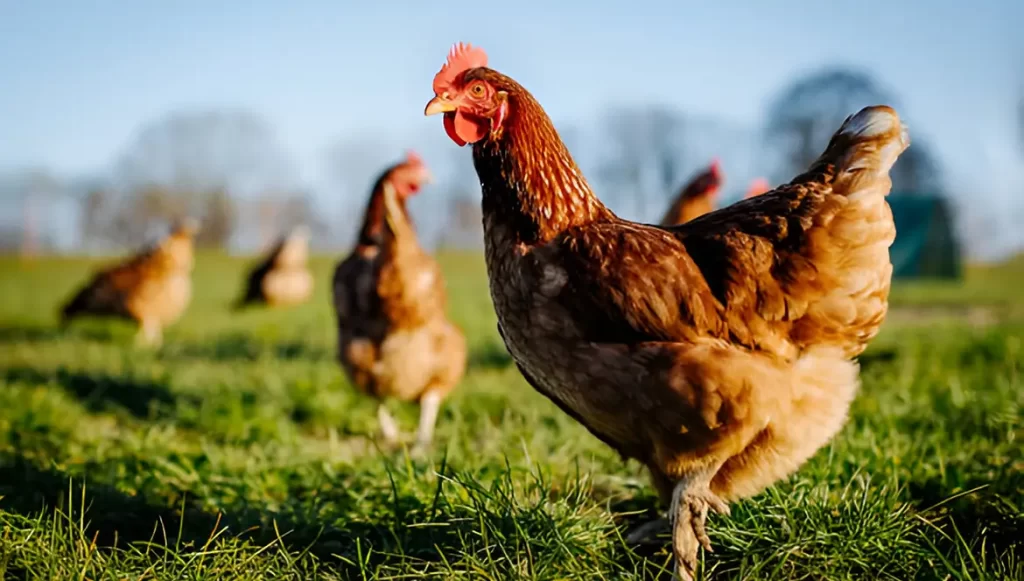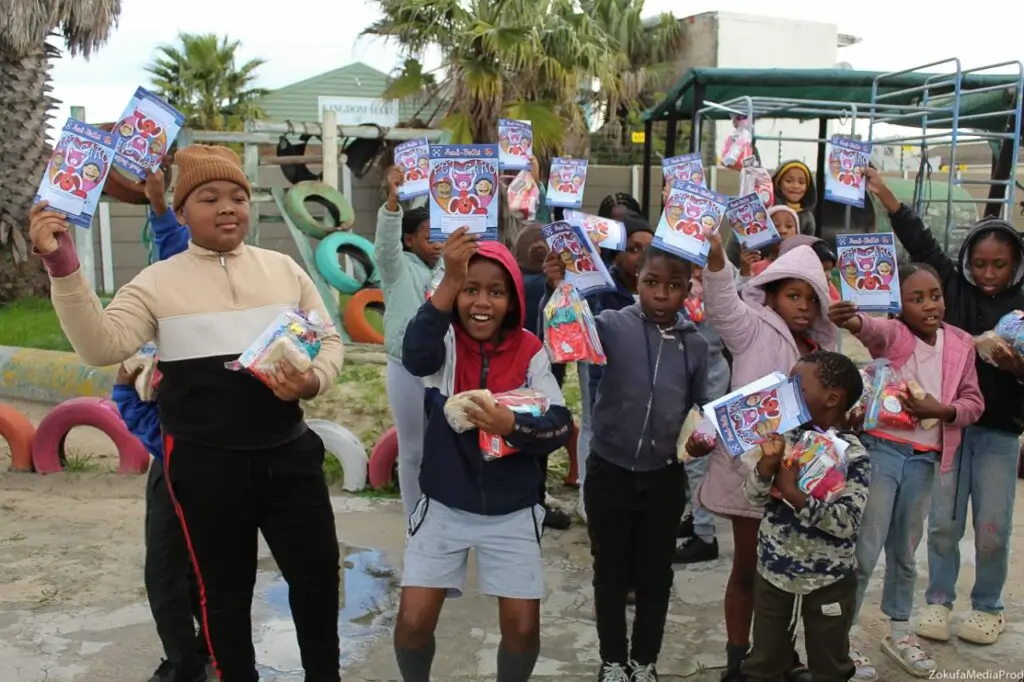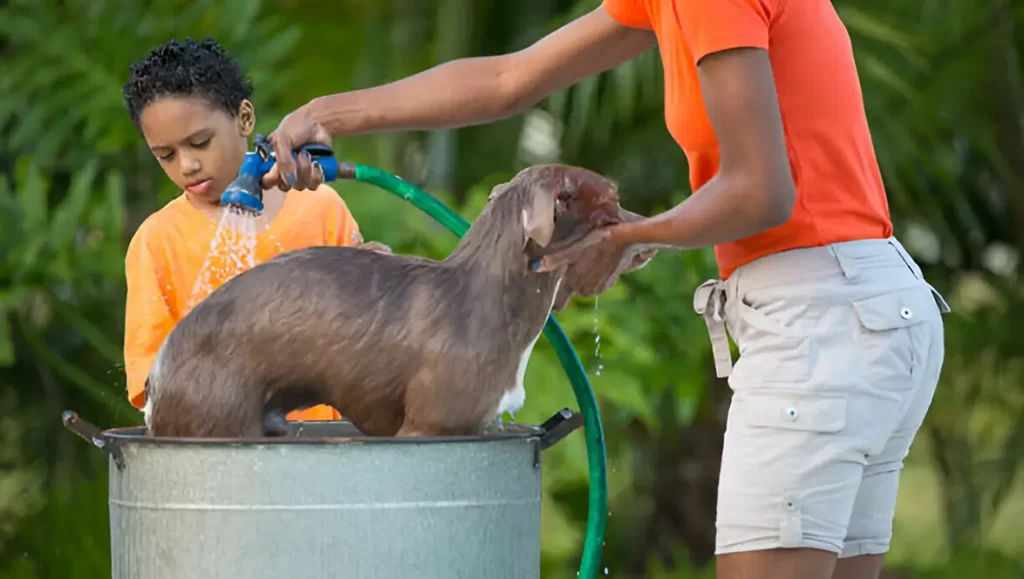The Rhino population in South Africa remains at risk with numbers in the Kruger National Park being on the decrease, having dropped from 2 809 rhinos at the end of 2020 to 2 458 rhinos at present.
The Department of Forestry, Fisheries and the Environment (DFFE) reported in August that a total of 259 rhinos have been poached for their horn in South Africa in the first six months of 2022.
The number of rhino poached between January and June 2022 is 10 times more than the 249 poached countrywide in the first six months of 2021, the DFFE reported.
From January to the end of June 2022, 82 rhinos were poached for their horns in the Kruger National Park. According to DFFE, 2022 poaching statistics show a loss of 210 rhino on state properties and 49 in privately-owned parks.
The province hardest hit during this period is KwaZulu-Natal which recorded a reported loss of 133 rhinos.
This is more than triple the 33 rhinos killed in the first six months of 2021 in the province.
Minister Barbara Creecy said partnerships between the public and private sector remain key to combating wildlife trafficking.
“Recent trends in rhino poaching show a move away from the Kruger Park to private reserves and KwaZulu-Natal where the majority of rhinos have been killed this year. This makes it all the more important for the national government to shift its focus to supporting provincial authorities and private reserves in the war on rhino poaching,” she said.
Crime syndicates continue to operate within the South African borders, as the demand for rhino horn remains a constant threat to our rhino populations.
Among anti-poaching measures which are prioritised to save our rhinos include community engagements, as well as the implementation of rhino conservation programmes.
We are satisfied that over the last year conservation and anti-poaching efforts have intensified countrywide to reduce the poaching of rhino in South Africa but we believe more needs to be done.
The Coalition of African Animal Welfare Organisations (CAAWO) said it is willing to work with the government and other animal-welfare organisations to address this concerning scourge which threatens the very existence of our wildlife.
